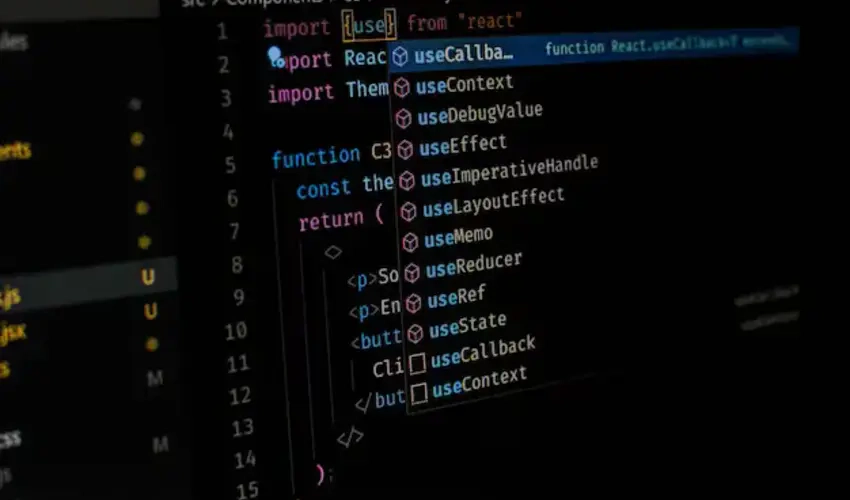Writing error-free code is crucial for every PHP developer. A PHP Syntax Checker helps detect errors before running the script. It saves time and improves code quality. This guide explains how to use a syntax checker effectively.
What is a PHP Syntax Checker?
A PHP Syntax Checker is a tool that analyzes PHP code for syntax errors. It highlights mistakes and suggests fixes. Developers use it to prevent runtime errors.
Why Use a PHP Syntax Checker?
- Detects syntax errors quickly.
- Saves debugging time.
- Improves code quality.
- Helps beginners learn proper syntax.
Common PHP Syntax Errors
Here are some common errors that a PHP Syntax Checker can detect:
1. Missing Semicolons
<?php
echo "Hello, world!" // Missing semicolon
?>Fix: Add a semicolon at the end of the statement.
2. Mismatched Brackets or Parentheses
<?php
if ($x > 10 {
echo "X is greater";
}
?>Fix: Ensure all brackets are properly closed.
3. Undefined Variables
<?php
echo $name; // Variable not defined
?>Fix: Define the variable before using it.
How to Use a PHP Syntax Checker
Follow these steps to check your PHP code for errors:
1. Use an Online PHP Syntax Checker
Many websites offer free syntax checking tools. Paste your code, and the tool will highlight errors.
2. Use PHP Command Line
Run the following command in the terminal:
php -l filename.phpThis will show syntax errors in your script.
3. Use Integrated Development Environments (IDEs)
Popular IDEs like VS Code, PhpStorm, and Sublime Text have built-in syntax checkers.
Best Practices for Bug-Free PHP Code
- Always use a PHP Syntax Checker before running your code.
- Write clean and structured code.
- Use meaningful variable names.
- Enable error reporting in PHP.
Conclusion
A PHP Syntax Checker is an essential tool for developers. It helps detect and fix syntax errors quickly. Using this tool ensures bug-free and efficient code. Always check your PHP scripts to improve performance and reliability.



